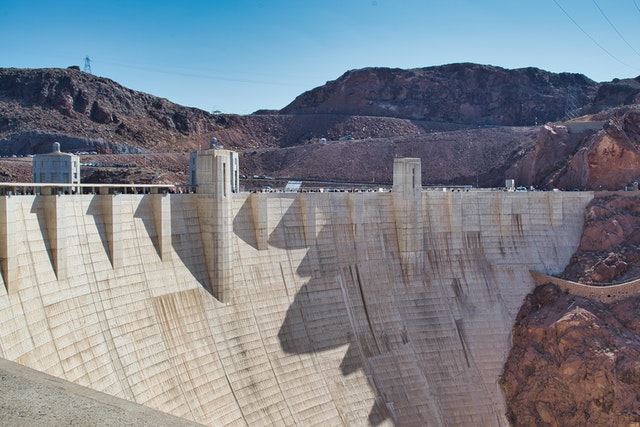Kinshasa – British NGO Global Witness on Wednesday urged the Democratic Republic of Congo to halt a dam project it said would flood part of a national park and be an “ecological catastrophe”.
The $500-million plan for a hydropower dam to provide energy to mining companies in DRC’s copper and cobalt belt appeared to break Congolese conservation law and threatened protected wildlife habitats, it said.
“The Sombwe Dam project in the Democratic Republic of the Congo threatens tropical forests, rare species and conservation efforts in Upemba National Park,” it said.
Also, “by submerging tracts of forest, the project could lead to the equivalent of 1.3 million tonnes of CO2 emissions by the end of the century,” it said.
The watchdog called on the DRC government and PowerChina, a Chinese public construction company, to halt the construction.
ALSO READ | Dollar dominance back on agenda in DRC
“Global Witness is calling for a halt to the dam project, and for suitable alternative sites to be assessed by PowerChina, its investors and DRC’s authorities,” it said.
Colin Robertson, senior forests investigator at Global Witness, said the analysis of leaked reports and diplomatic correspondence showed the hydropower project was “full of major red flags”.
“Flooding part of Upemba National Park to build this dam would be an ecological catastrophe and send a message that DRC’s national parks are now up for grabs by investors,” he said.
He reminded those behind the project that world leaders at the COP26 UN climate summit in Glasgow last month had pledged to protect the world’s forests.
But “without government action to stop financiers backing environmentally destructive projects like the Sombwe dam, some of the recent pledges made in Glasgow will not be worth the paper they’re written on”, he said.
Created in 1939, the Upemba National Park in southeast DR Congo is home to populations of black rhinoceros, elephant, buffalo and other fauna.
Follow African Insider on Facebook, Twitter and Instagram
Source: AFP
Picture: Getty Images
For more African news, visit Africaninsider.com


